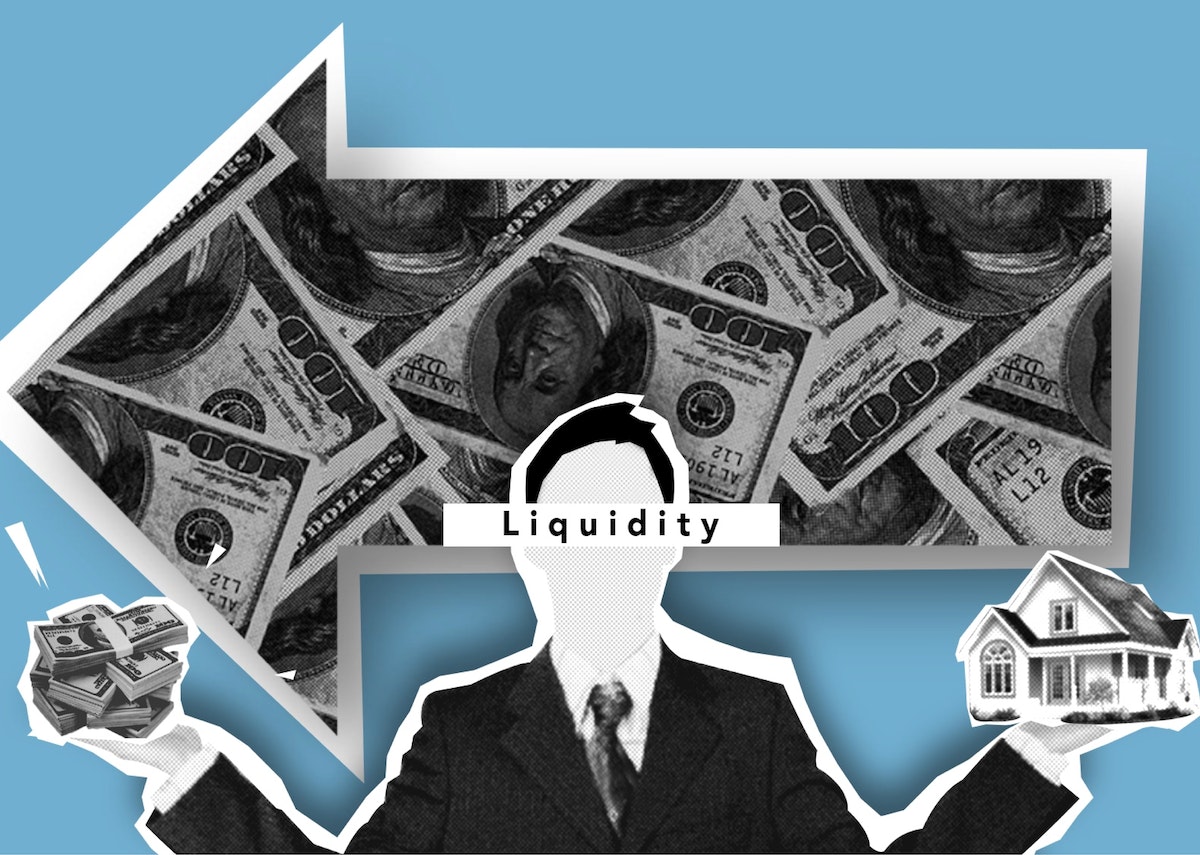-
Merchant Cash Advance Calculator

Merchant Cash Advance Calculator Merchant Cash Advances (MCAs) are a popular funding option for small businesses due to their speed and flexibility. But understanding their true cost can be tricky. That’s where a Merchant Cash Advance Calculator comes in. This tool helps business owners estimate repayment amounts, assess affordability, and compare MCA offers before committing.…
-
Working Capital Term Loan For Small Businesses

A Capital Term Loan (CTL) is a financial product designed to provide long-term financing to small businesses. It is a loan that provides working capital or funds for specific business activities such as purchasing equipment, expanding facilities, or covering operating expenses. CTLs are typically secured by collateral and have terms ranging from six months to…
-
Everything You Need To Know About SBA Microloans

SBA Microloans are a great financing option for small businesses. These loans, backed by the U.S. Small Business Administration (SBA), give entrepreneurs and business owners access to capital they wouldn’t otherwise be able to obtain due to their size or limited resources. What is a Microloan? A microloan from the SBA is typically between $500…
-
What are the differences between Installment Loans and Revolving Credit?

The terms “installment loans” and “revolving credit” refer to two distinct types of credit facilities that businesses can use when financing their operations. An installment loan is a lump-sum loan with fixed repayment periods, while revolving credit is an ongoing line of credit with different payment schedules. Understanding the differences between these two forms of…
-
What are the Pros and Cons of SBA Loans For Small Businesses?

Small businesses have been vital to the health of our economy for generations. They create jobs consumers access to a variety of goods and services, and in many cases, even change entire industries with their innovations. But starting any business requires capital — and small business owners often don’t have deep pockets or easy access…
-
Debt Restructuring: What It Is and How It Works

Debt restructuring is an important tool for small businesses to manage their debt. It allows them to negotiate with creditors, or lenders, such as banks and other financial institutions, on repayment terms that better suit their current needs. With debt restructuring, a business can make changes to their existing loan agreement or create a new…
-
Ways to Keep Your Small Business Alive After Getting a Loan?

Getting a loan for your small business can be one of the most crucial decisions you make. It is important to understand that while loans are an excellent way to jumpstart your business, they can often come with unexpected challenges. Therefore, if you’re going to take on a loan, it pays off to have a…
-
Should You Consolidate Your Small Business Debt?

Debt consolidation is a process that allows small business owners to consolidate their high-interest debt into one manageable payment. It involves taking out a single loan with a lower interest rate and using it to pay off multiple existing debts. Debt consolidation can help small businesses streamline payments, reduce stress and save money in the…
-
Is Your Small Business Facing a Liquidity Crisis? Here’s What You Should Do.

When a small business is facing a liquidity crunch, it can be an intimidating and overwhelming situation. A liquidity crunch is essentially when cash flow slows down, making it difficult for the business to cover its short-term obligations such as payroll and supplier payments. This can put the survival of the business at risk and…